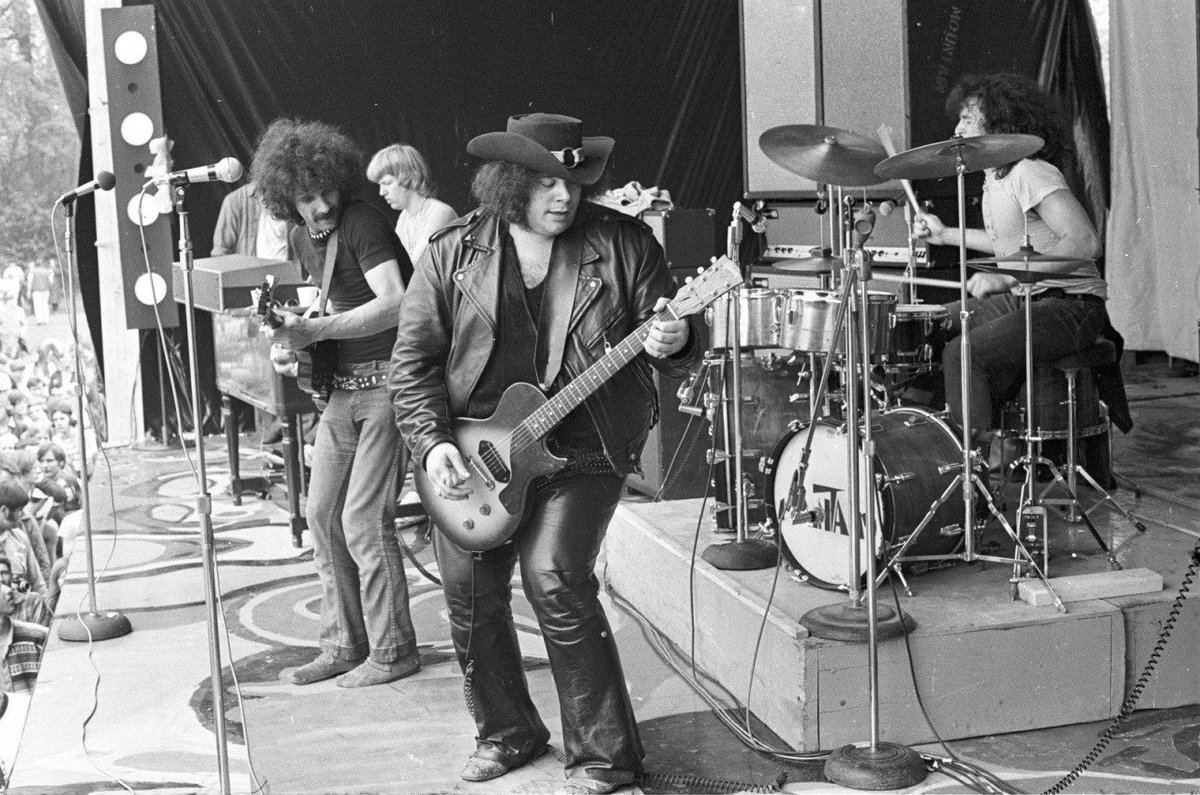Since writers are in the habit of making up stories as a matter of habit and profession, each of them, not just the beats, "faked" everything.
That shouldn't be surprising from a class of folks we look to for tales, fables, metaphors and such that we might use , in some loose way, in making our own lives fit our skins better.
The question is how well ,uhhhh, how artful one is in manipulating language towards the creation of fiction or a poetry where the world as its spoken resounds with suggestion and portents of secret knowledge.
William S. Burroughs was the one stone-cold genius among the Beat writers ,was the most interesting and successful destroyer and re-creator of literary form, and maintained what Mailer called a "gallows humor" that allowed him to explore the gamier side of human personality without mythologizing the journey.
Ginsberg's early poems , as well, were filled with the bulls-eye hitting jeremiads that were such an exact fit for the condition he described that it still comes off as a fresh and blistering criticism of a culture that seems interested in no more than conformity.
Fakery is what one expects and demands from creative writers. Beat enthusiasts might blanch at the notion, but comes down to the skill of the writer to get away with the imaginative tall tales he's putting forth.
The issue, it seems, is how well do we remember the lies that we've told others over the years when we might have otherwise kept it easy and simply told the truth.









